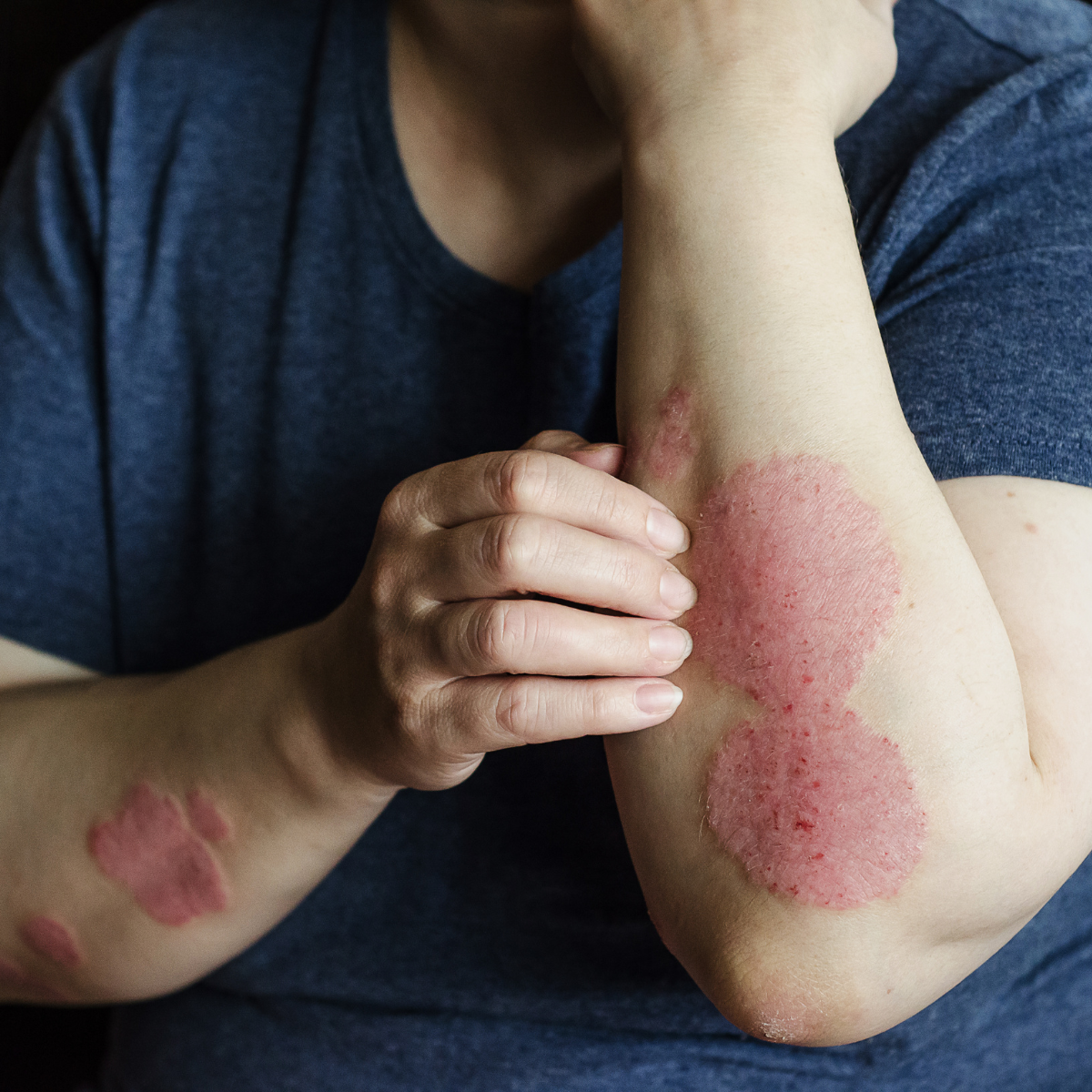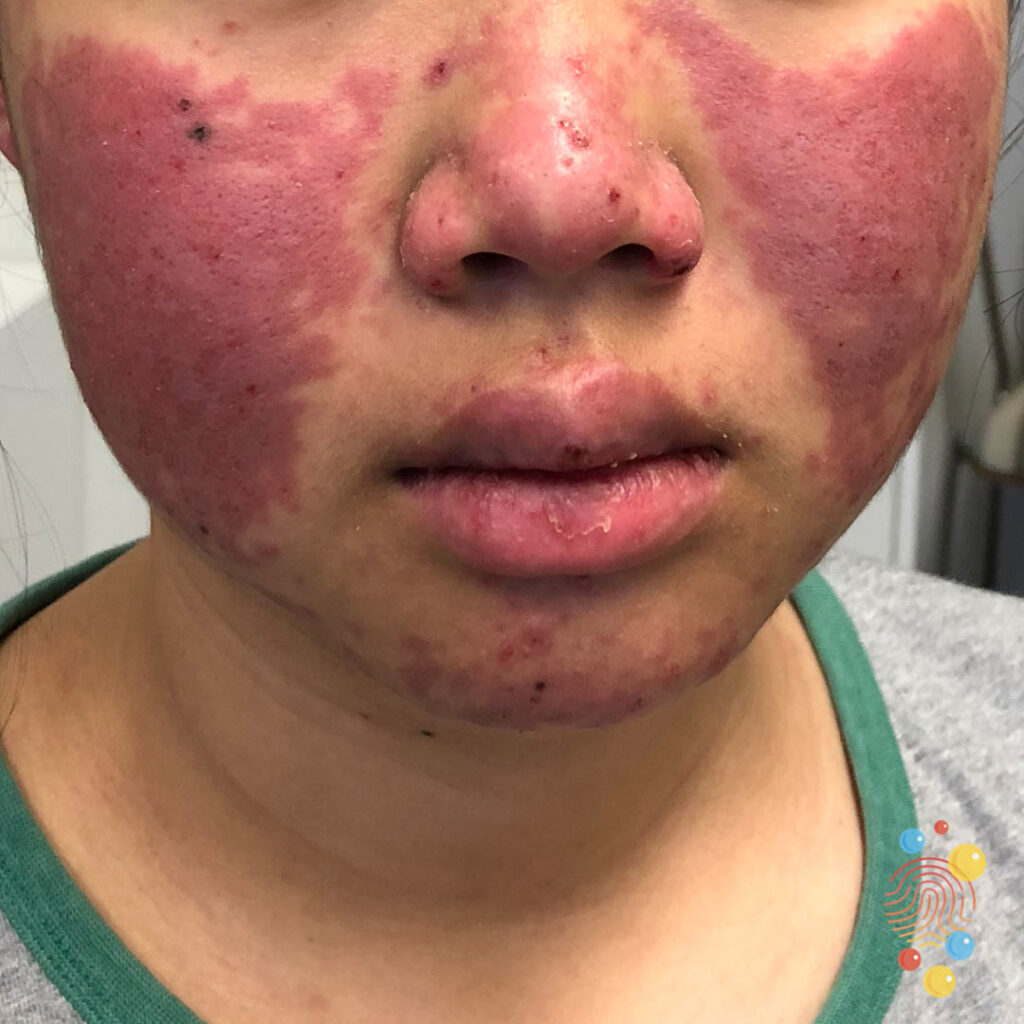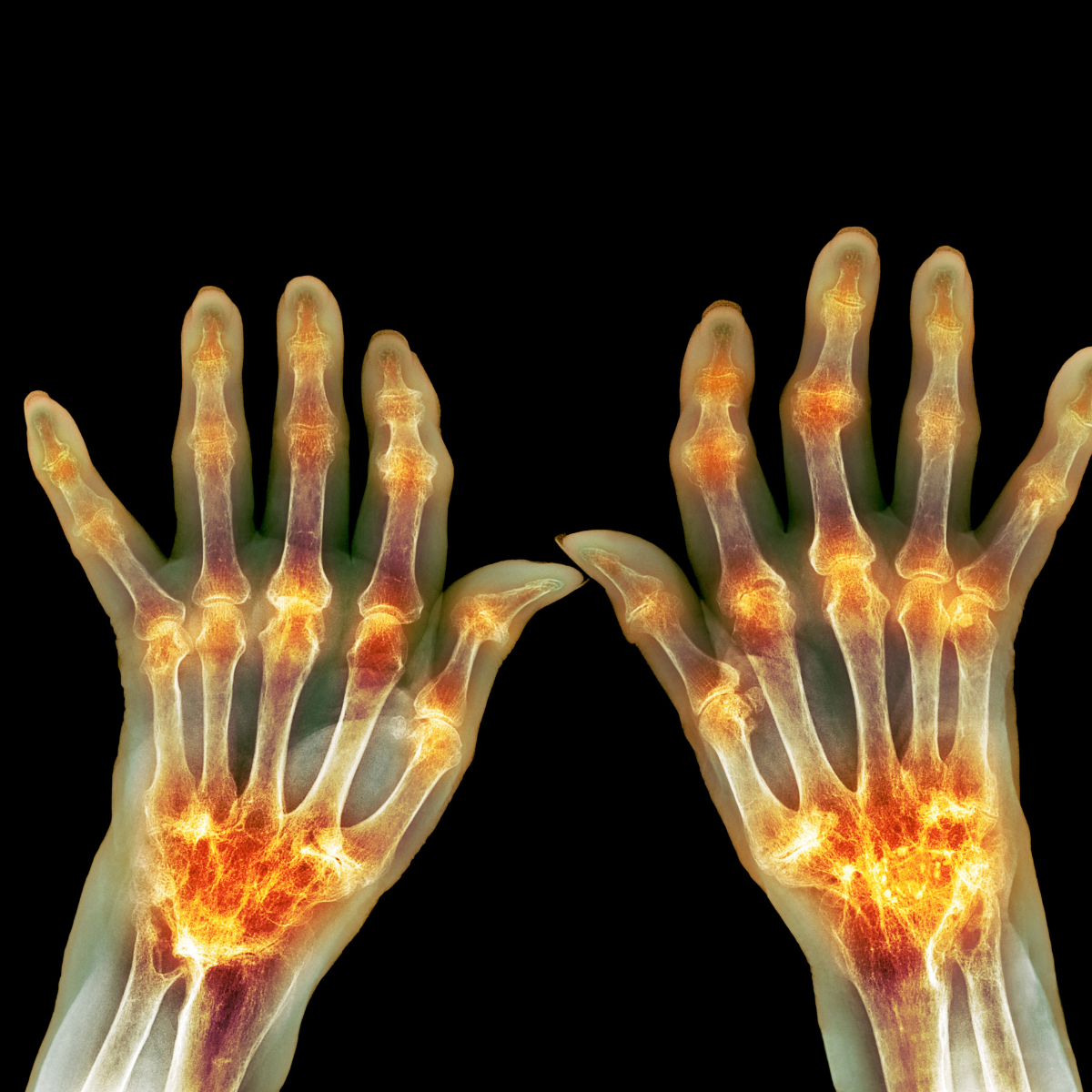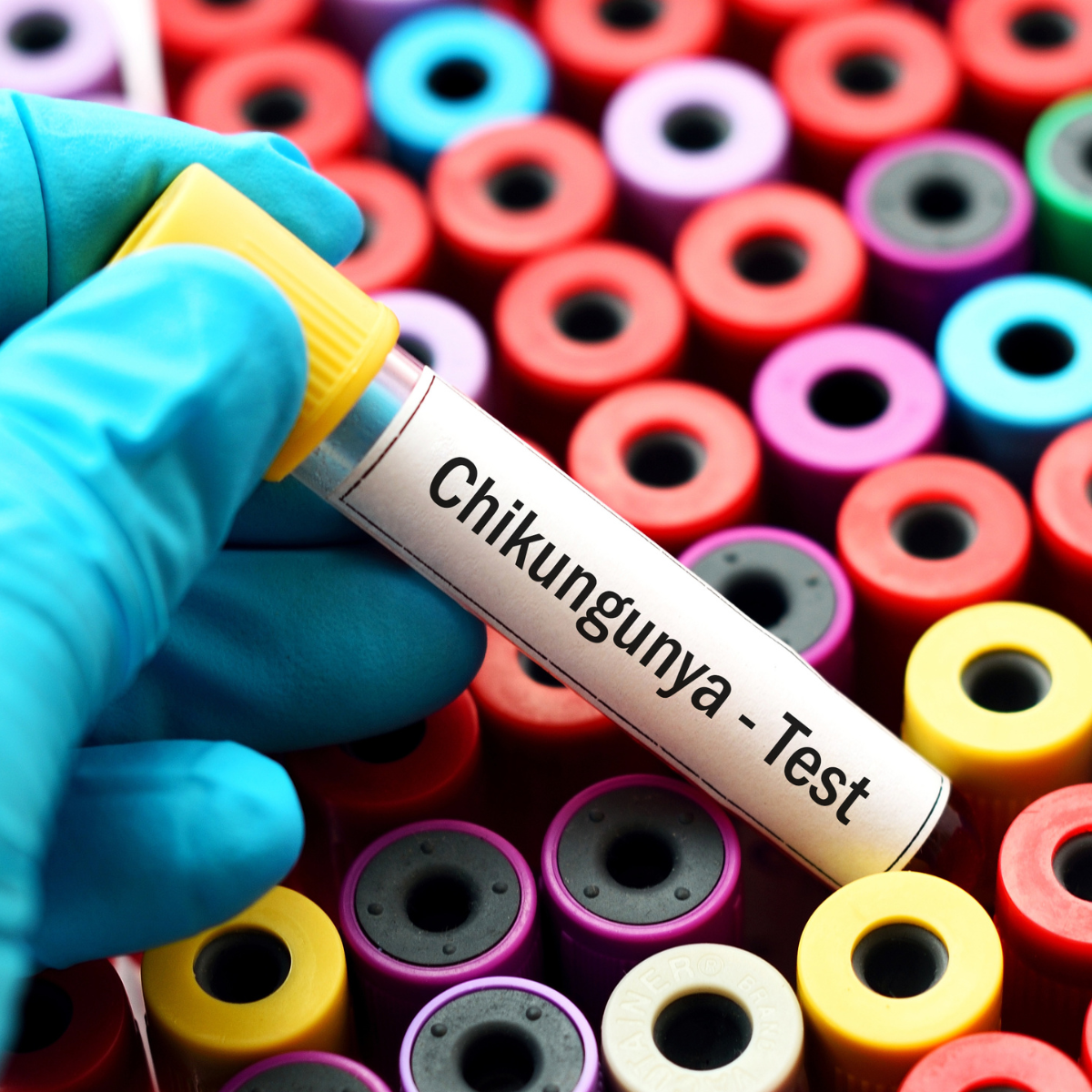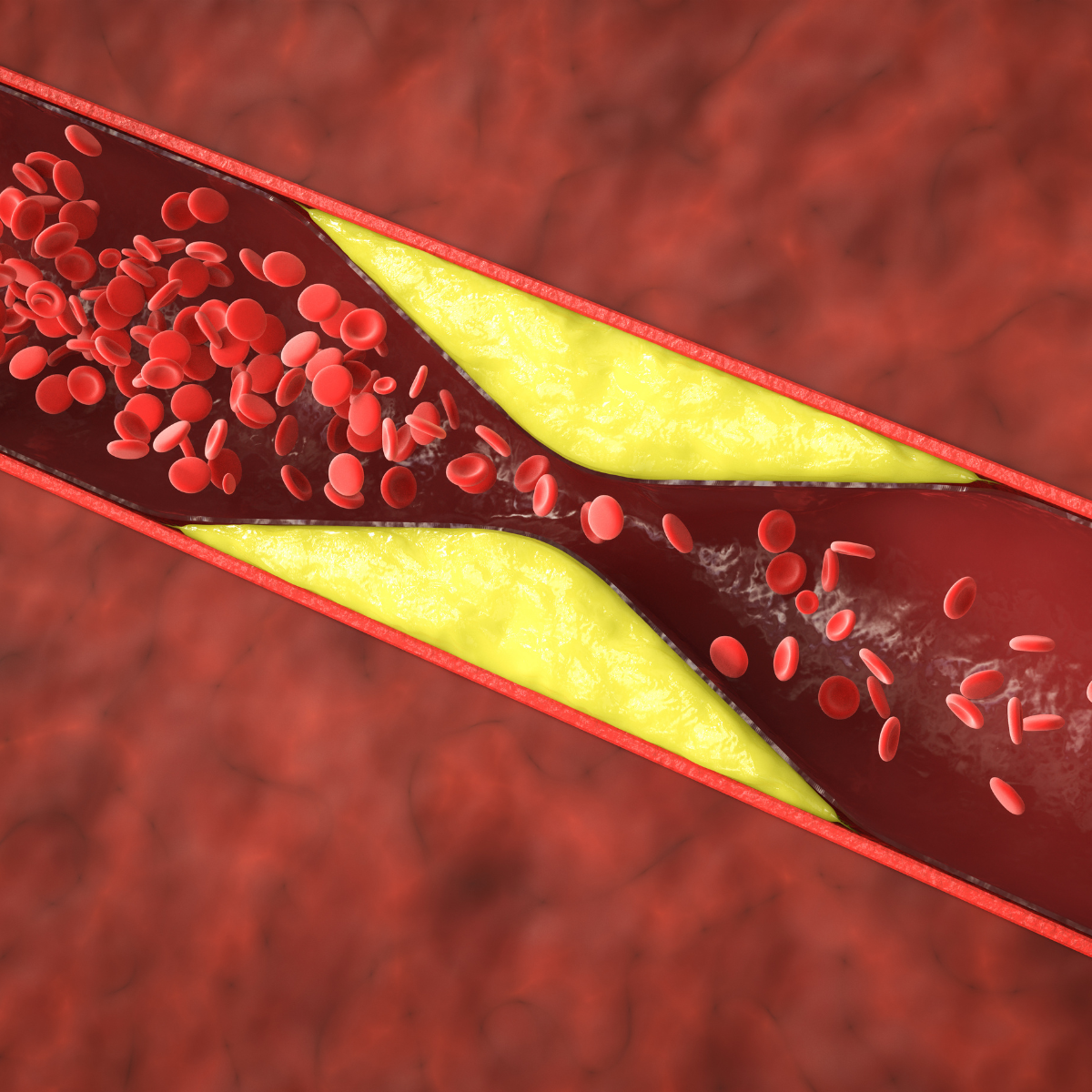
High Cholesterol / Dyslipidemia
1. What is Cholesterol?
Cholesterol is a type of fat (lipid) present in the blood. It comes from two sources:
-
Food (especially animal-based)
-
Produced by the liver (endogenously)
It’s crucial for vitamin D production, hormone synthesis, and cell membrane function. It’s not inherently bad—our body needs it.
2. Disease Progression
-
Initially, the liver regulates cholesterol efficiently
-
Over time, unhealthy habits like overeating, trans fat intake, stress, and poor sleep disrupt this regulation
-
This leads to excess LDL, low HDL, and plaque buildup in arteries, increasing risk of hypertension, heart attack, and stroke
3. Root Causes
-
High-fat diet, especially trans fats
-
Smoking and alcohol
-
Sedentary lifestyle
-
Stress and poor sleep
-
Excess calorie intake without understanding daily fat needs
These interfere with your body’s natural cholesterol control mechanism
4. Prevalence
-
Rising sharply due to urban diet and lifestyle
-
High cholesterol is common even in young adults
-
Often goes undiagnosed until symptoms or complications appear
5. Symptoms
Often silent, but when present:
-
Fatigue, breathlessness
-
Chest discomfort or pain
-
Numbness or cold limbs (poor circulation)
-
Xanthomas (fatty deposits on skin)
-
Yellowing around eyes (xanthelasma)
-
Dizziness or brain fog
6. Nutritional Approach
“The cholesterol itself is not the villain. The lifestyle is.” — Dr. Wadhavani
-
First, check your lipid profile
-
Reduce total fat intake, especially trans fats
-
Focus on a balanced diet with good fats
-
Don’t fear cholesterol—understand and control it
7. Core Dietary Focus
-
Know your daily fat requirement (based on your calorie needs)
-
Prioritize unsaturated fats (like olive oil, mustard oil, groundnut oil)
-
Eliminate trans fats and reduce deep-fried foods
-
Balance cholesterol-producing foods with cholesterol-regulating foods (like fiber, antioxidants, omega-3s)
8. Foods to Include
-
Whole grains, vegetables, fruits
-
Fiber-rich foods (flaxseed, chia, oats)
-
Good fats (nuts, seeds, fatty fish)
-
Garlic, turmeric, green tea
-
Unsaturated oils in controlled amounts
-
Fermented foods (for gut health)
-
Water and herbal teas
9. Foods to Limit
-
Packaged snacks, cookies, bakery desserts
-
Trans fats (check ingredient labels)
-
Deep-fried foods (samosas, chips, pooris)
-
Sugar-sweetened beverages
-
Excess alcohol
-
Red meat and high-fat dairy in excess
10. Key Nutrients
-
Soluble Fiber: Helps bind and remove cholesterol (oats, beans, psyllium)
-
Omega-3 Fatty Acids: Reduces triglycerides (flaxseed, walnuts, fatty fish)
-
Plant Sterols: Compete with cholesterol for absorption (nuts, seeds)
-
Magnesium: Supports metabolic function
-
Vitamin D: Depends on cholesterol for synthesis (sun exposure + liver function)
-
Antioxidants: Reduce oxidation of LDL (berries, greens)
11. Lifestyle Recommendations
“Even your best oil becomes harmful in excess. First fix the quantity.” — Dr. Wadhavani
-
45 minutes of movement daily (walk, exercise, stairs)
-
Quit smoking and limit alcohol
-
Get 7-8 hours of regular sleep
-
Practice stress management (watch stress video)
-
Limit oil usage: Focus on quantity first, then quality
12. Monitoring & Tracking
-
Get a Lipid Profile Blood Test:
-
LDL (bad cholesterol): Should be low
-
HDL (good cholesterol): Should be high
-
VLDL: Linked to triglycerides
-
Triglycerides: Manage via diet and exercise
-
Re-test every 3–6 months if elevated
-
Track:
-
Fat intake (esp. trans fats)
-
Sleep patterns
-
Daily movement
-
Blood pressure
13. Next Steps / Consultation
-
Check your lipid profile now
-
Cut down trans fats and excessive oil
-
Choose from healthy oils listed in the video description
-
If you need help:
-
Join Dr. Wadhavani’s "Be Your Home Nutritionist" program
-
Book a consultation call to review your report with experts
-
Fixing cholesterol is about long-term lifestyle change, not shortcuts
📅Click here to Book your free 30-minute consultation
📌 Final Words from Dr. Umesh Wadhavani:
“Cholesterol is not the problem. Your habits are. Let’s fix those together.”








